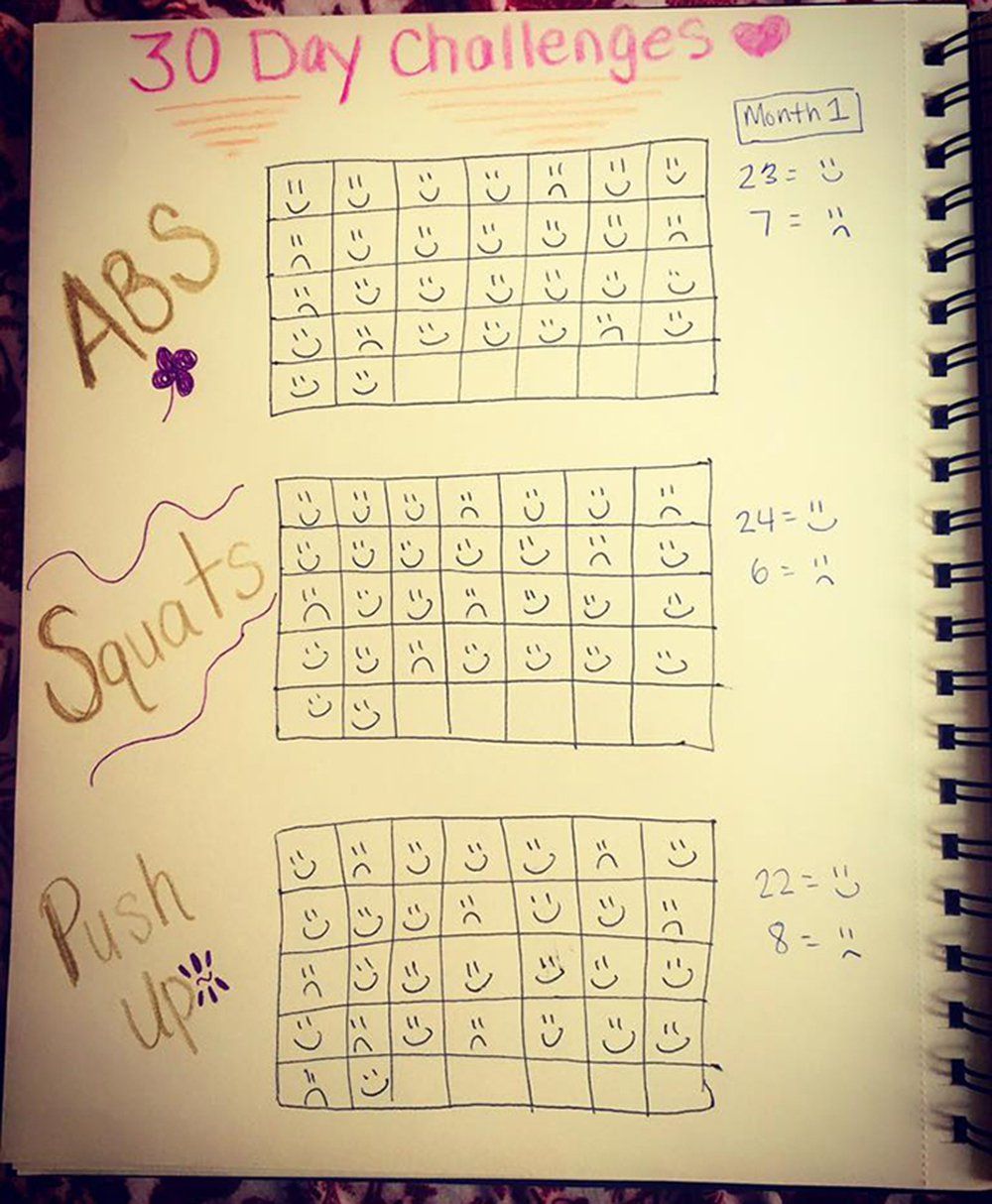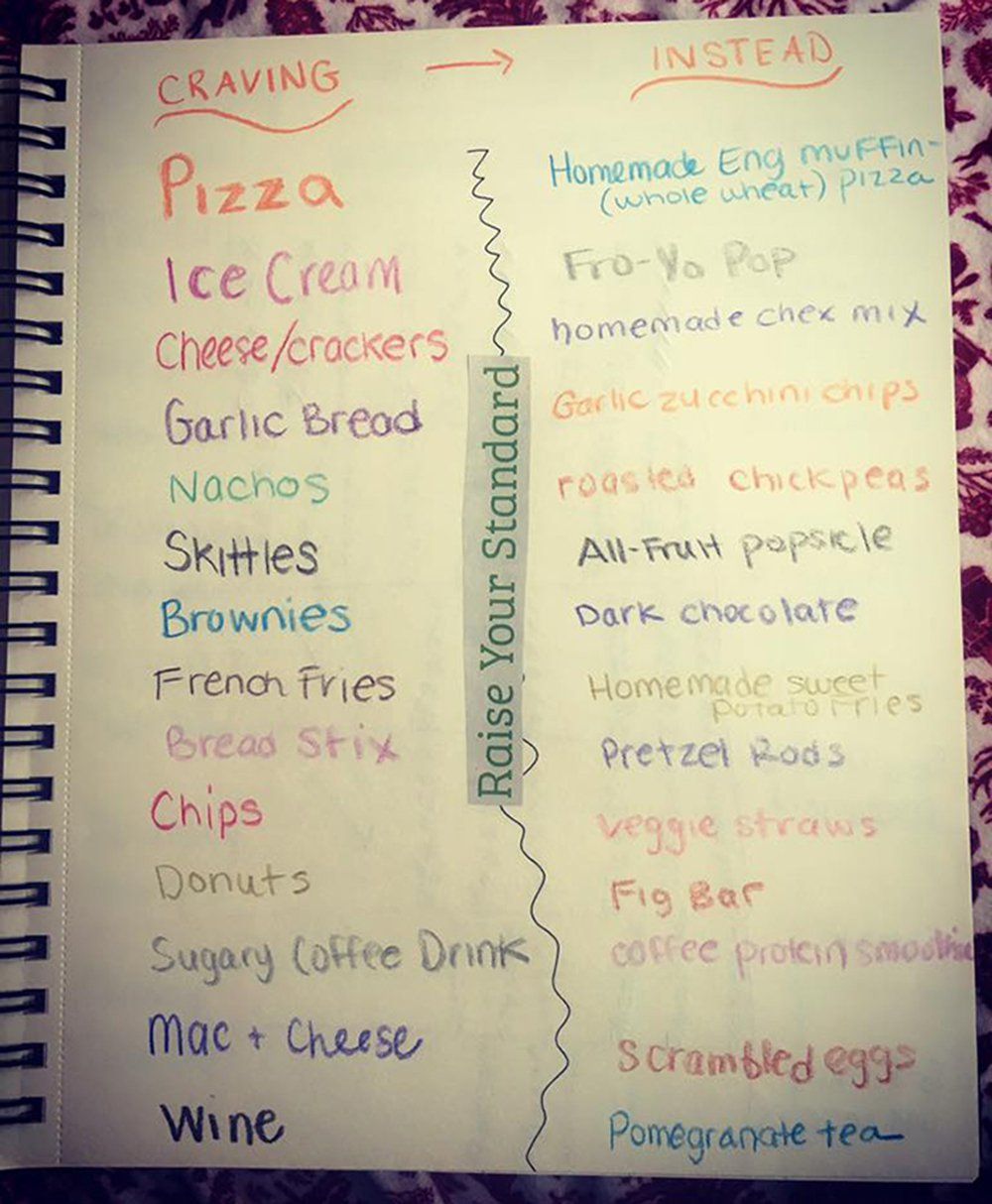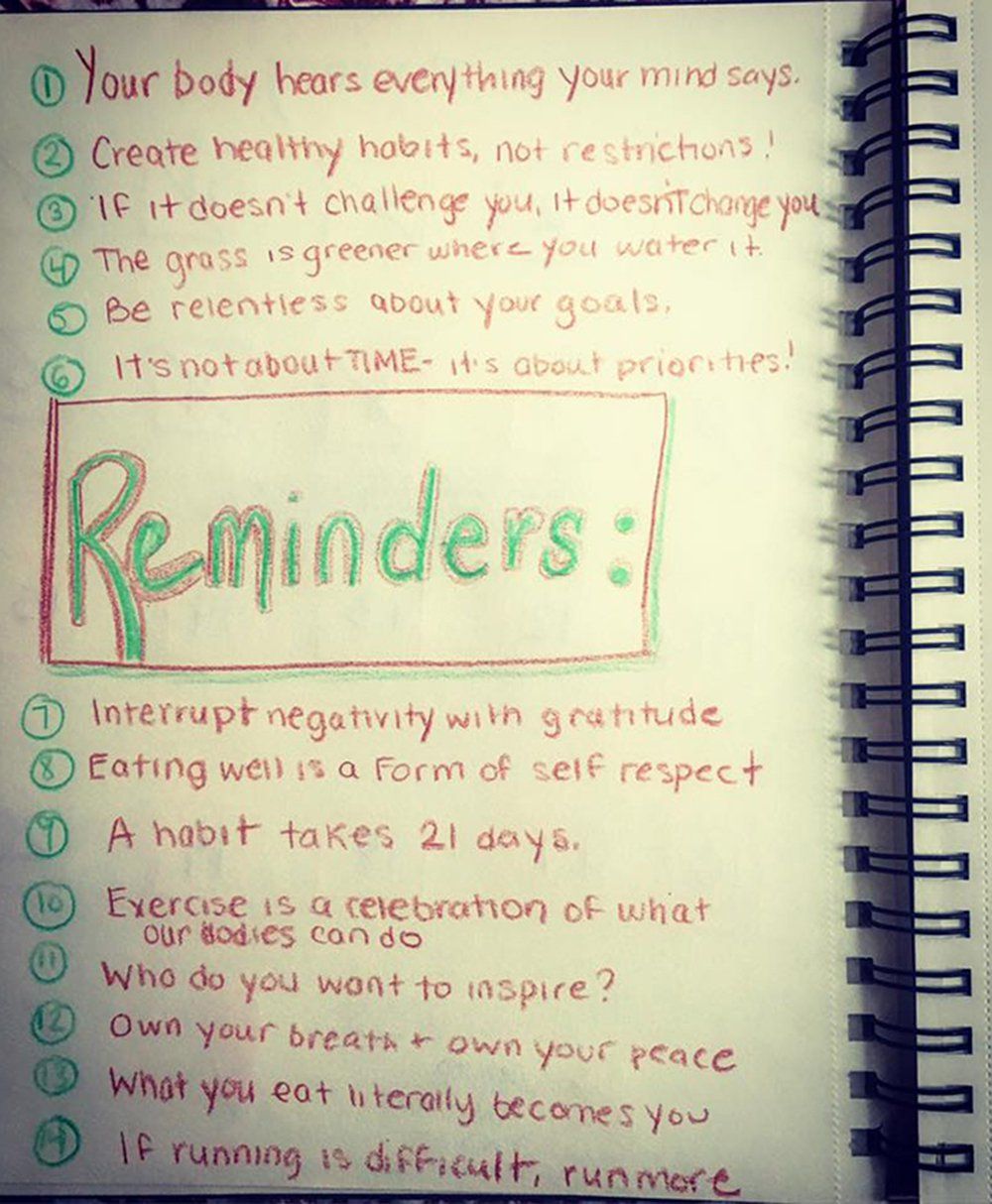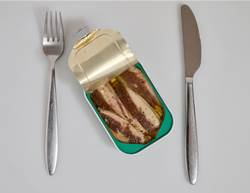Ever since I was in primary school, I’ve used a notebook to record thoughts, stories, and poems. Of course, back then, all entries began with “Dear Diary” and all of my poems rhymed. Until recently, I never imagined such a space could also be a tool for physical and mental transformation.
Within the past year or so, I started using journals as a place to record the constant stream of creative ideas-from picture books to parenting essays-that zip through my mind. I’d read a lot about manifestation and the power of spelling things out on paper in order to make them reality, so I tried it. Gradually, I started to see results. As a professional writer, I successfully pitched many of my ideas to publications and landed new writing opportunities with the help of journaling.
Experts agree that journaling can help with goal follow-through. “Just the act of writing things down might make us change our behavior,” says psychologist Dr Andrea Bonior.
My professional success made me wonder: Could pen and paper also improve my overall wellness? In particular, would the journaling process help me lose weight?
What is bullet journaling?
Last spring, I had my second baby at age 33, and the extra kilos did not shed as easily as they did eight years prior with baby number one. And there was good reason for this: I was eating like I was still pregnant. Indulging in cravings had become a habit that didn’t disappear after the birth of my son.
I remembered seeing posts in my Pinterest feed about something called "bullet journaling," and after some research, realised it’s quite the phenomenon. At first glance, a bullet journal appears to be a diary/to-do list hybrid. It's a master notebook that streamlines and gathers your lists, calendar, notes, goals, and ideas in one place. But some people also use bullet journals to track their health goals and log things like daily water intake, step counts, and the amount of sleep they get each night.
“Bullet journals lend an air of structure and organization that can feel comforting and allow us to view things more easily at a glance,” says Bonior. “It appeals to our need to categorise and sort.”
Why I decided to bullet journal for weight loss
Since nothing else seemed to be working with my weight loss, and writing stuff down has always been my thing, I thought I’d give bullet journaling a shot. I hoped that recording my cravings, workouts, and health goals by filling pages with colourful, handwritten words and pictures could help me take back control of my health. Some nutritionists say documenting the healthy changes you're making to your lifestyle can help you see results, and I hoped that would be the case for me. After researching templates on Pinterest and Instagram, I got to work on my own bullet journal.
My goals were pretty basic (but as it turned out, not so simple):
- Lose 10kg.
- Be active on a consistent basis.
- Stop giving in to cravings (as often as possible).
How I used my weight loss journal to track my fitness goals
To keep myself accountable, I used my bullet journal to experiment with 30-day fitness challenges. Here's a shot of my first month, in which I completed ab, squat, and push-up challenges:

Smiley faces denoted days I completed a workout; frowns were for days I skipped.
How my weight loss journal helped me make healthier food choices

In addition to my workouts, I also included a page where I tracked unhealthy cravings. When I started to see repeats, I made a chart that became as non-negotiable as brushing my teeth. In one column I listed the foods I craved most, and right next to it I listed the food to eat instead. For example, if I craved garlic bread, I would eat my healthier alternative of garlic zucchini chips. I copied this chart and put it on my refrigerator. For me, it cut back on any time I had to talk myself out of a healthier choice. I wasn’t perusing cupboards for another option; I simply ate the “replacement” that I’d predetermined.
Before using a bullet journal, I had tried various apps for logging my food choices. I thought since my phone was always with me, this method made the most sense and would be the most convenient. In reality, I’d use the app for a few days and then forget about it. Instead, I started and ended each day at my desk with a cup of tea, reflecting upon my bullet journal. Because of this routine, recording my meals and snacks by hand worked out better for me.
How I stayed motivated to bullet journal

Though tracking what I ate was helpful, I quickly learned that I had to dig deeper if I wanted to see results. I started to think about how weight loss could positively impact my parenting, my relationships, my confidence, and my social life. For me, this became an important technique because when there was an emotion attached to the outcome, I was more committed to my goals.
I would be lying if I said there wasn’t some vanity to my weight loss journey. Before the past year, I’d never been concerned about the number I saw on my scale, as long as I “felt good.” In fact, I didn’t even own a scale until this past summer. So I knew that ultimately, I had to get back to the mindset I’d adhered to most of my life: What I felt on the inside would project on the outside.
“Feeling good” did not come from wearing my maternity clothes six months post-delivery, so one way I used my bullet journal was to cross off the kilos as I dropped them, and then reward myself with a new non-maternity item for every 2.5kgs lost.
5kgs lost-and one unexpected bullet journaling benefit
I lost 5kgs my first month of bullet journaling. But what has been most fulfilling about bullet journaling is how being mindful in this one area of my life has led me to be more mindful all-around. We all have full schedules of family commitments, but that doesn’t mean we have to rush through our days, sometimes unaware of the choices we make or things we say.
Creating a bullet journal has also kept me organised-something that has been a huge challenge for me throughout life. And, surprisingly, adding this step to my routine frees up more of my day because I spend less time thinking about what I have to do and more time acting upon those tasks.
My advice: If you’re thinking about incorporating bullet journaling into your life, give this tool time to work. Research suggests it takes 21 days to form a habit, and some scientists say the process can take even longer. Bottom line: Change takes time.
Make sure to also find what works best for your needs and interests. At first, I compared my bullet journal pages to the gorgeous, mesmerising ones I saw on Pinterest. I had to remind myself of Picasso’s quote: “Every child is an artist.” I may not be a child, but you catch my drift.

“Don't seek perfection. Don't commit to something that can be impossible to maintain when life gets complicated-so if you're expecting yourself to spend a half hour every night charting and categorising different aspects of your behaviour, or writing only with the most beautiful of handwriting, you'll be disappointed," says Bonoir. "Perhaps most important, get back on the wagon when you fall off. If you miss a day, don't let it be the end."
The beauty of bullet journaling is in the real-life results you'll get. For me, that was losing the weight, but perhaps more importantly, gaining a mindfulness that helps me be more organised in all aspects of my life. Whether you're looking to eat better, be more grateful, or get fit, there are bullet journal formats that can help keep you on track-just make sure to talk to your doctor about your plan first.
This post was originally published on December 18, 2017










